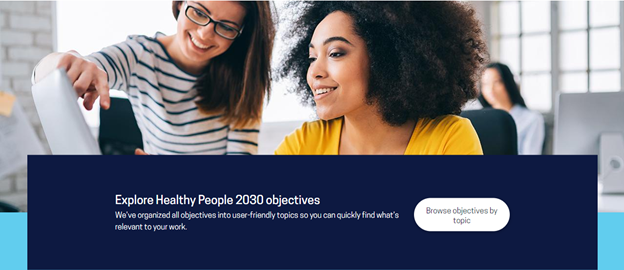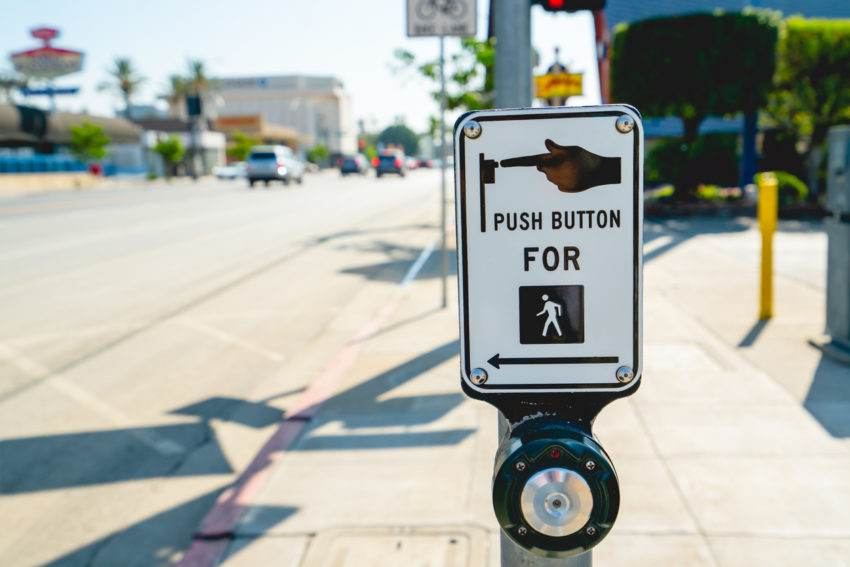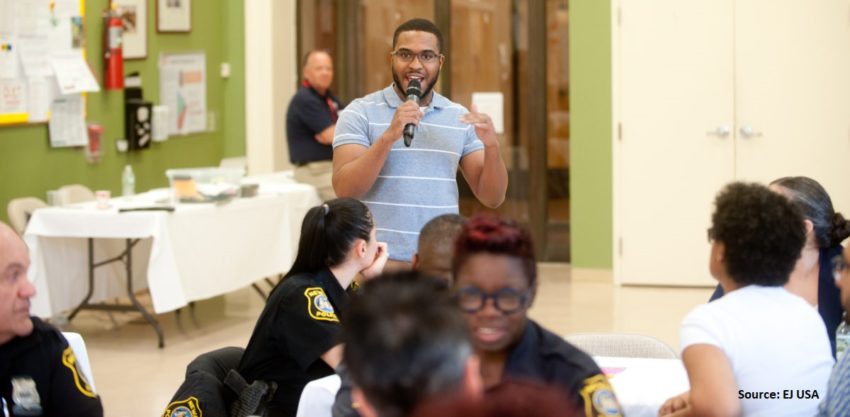Healthy People 2030 Adds 4 Objectives on Childhood Trauma, Up From 0

For the first time, the Healthy People 2030 guidelines have added four objectives on adverse childhood experiences (ACEs), a step to recognize the systemic impact of childhood trauma on health. ACEs, such as abuse and poverty, are a public health crisis. None of the past Healthy People editions ─ 1990, 2000, 2010, 2020 ─ had an objective to address ACEs as part of its national guidance to promote health and prevent disease. Now there are four objectives! This is a huge win for the 2,214 Salud America! network members who emailed public comments and other child development and public health professionals who submitted nearly 3,000 additional comments to add ACEs-related objectives. “I was surprised to learn ‘adverse childhood experiences (ACEs)’ and ‘childhood ...
Read More





